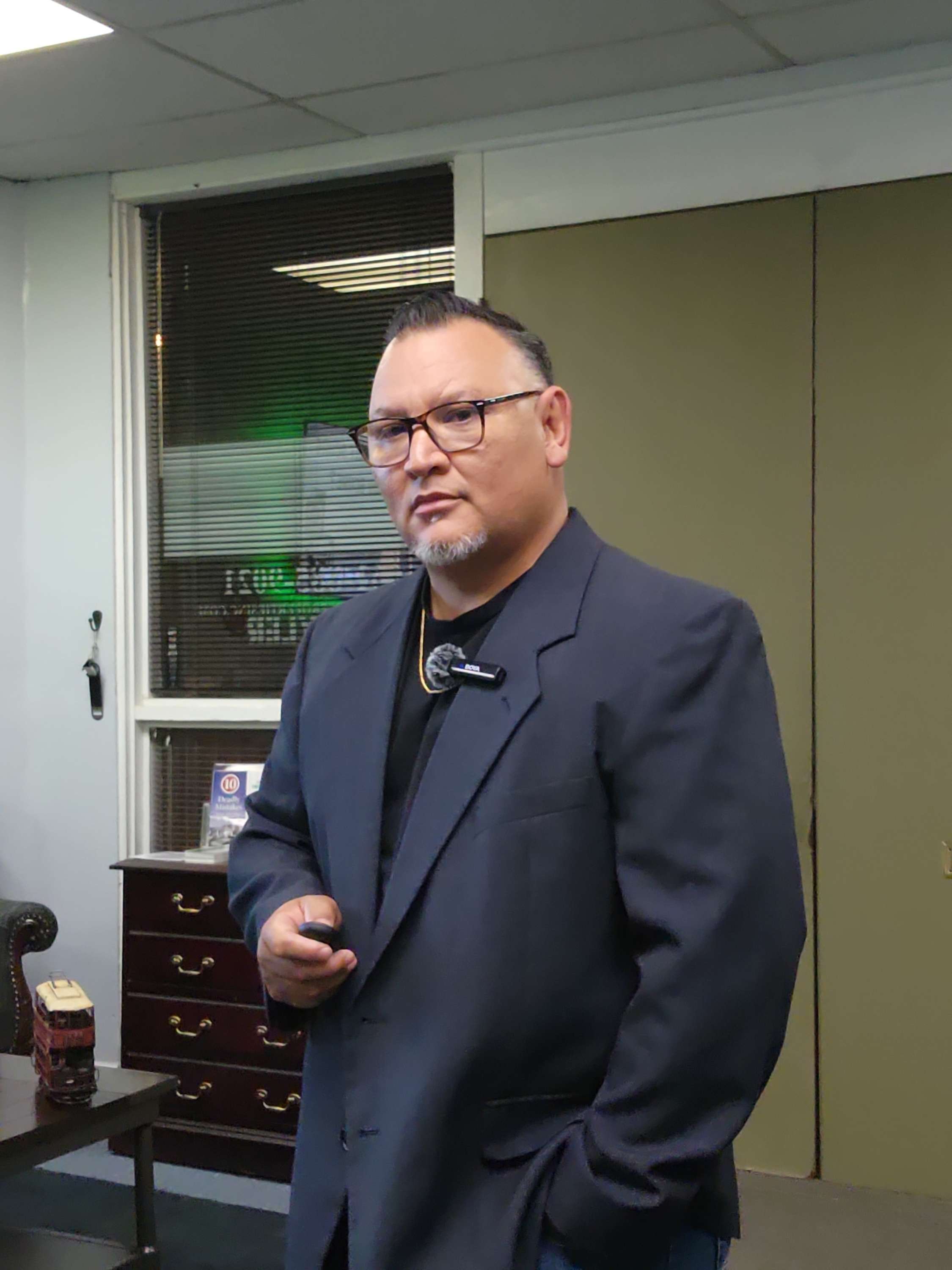How can credit repair help your day to day life
- Isaac Palacios
- Apr 18, 2024
- 1 min read
Credit repair can help individuals address financial challenges and improve their economic situation, which can, in turn, impact some broader social problems. Here's how credit repair can contribute:
1. Improving Financial Stability: By repairing credit, individuals can access better interest rates on loans and credit cards, leading to more affordable monthly payments and overall financial stability.
2. Enhancing Access to Housing: A better credit score can make it easier for individuals to qualify for rental properties or mortgages, addressing housing challenges and helping to prevent homelessness.
3. Supporting Access to Education and Healthcare: Improved credit can allow individuals to secure loans for education or medical expenses at better rates, improving access to these essential services.
4. Reducing Stress and Mental Health Challenges: Financial stress can contribute to mental health issues such as anxiety and depression. By improving credit and financial health, individuals may experience reduced stress.
5. Increasing Opportunities for Employment: In some industries, employers may check credit history as part of the hiring process. Improved credit can enhance employment opportunities.
6. Promoting Financial Literacy and Responsibility: The credit repair process often involves understanding financial practices and behaviors, leading to better financial management and planning.
7. Supporting Economic Growth: Individuals with better credit can participate more actively in the economy, such as through homeownership or starting a business, which can contribute to economic growth.
It's important to note that credit repair should be approached carefully and ethically. Working with reputable credit counseling services can help individuals avoid scams and make informed decisions about their financial future.





Comments